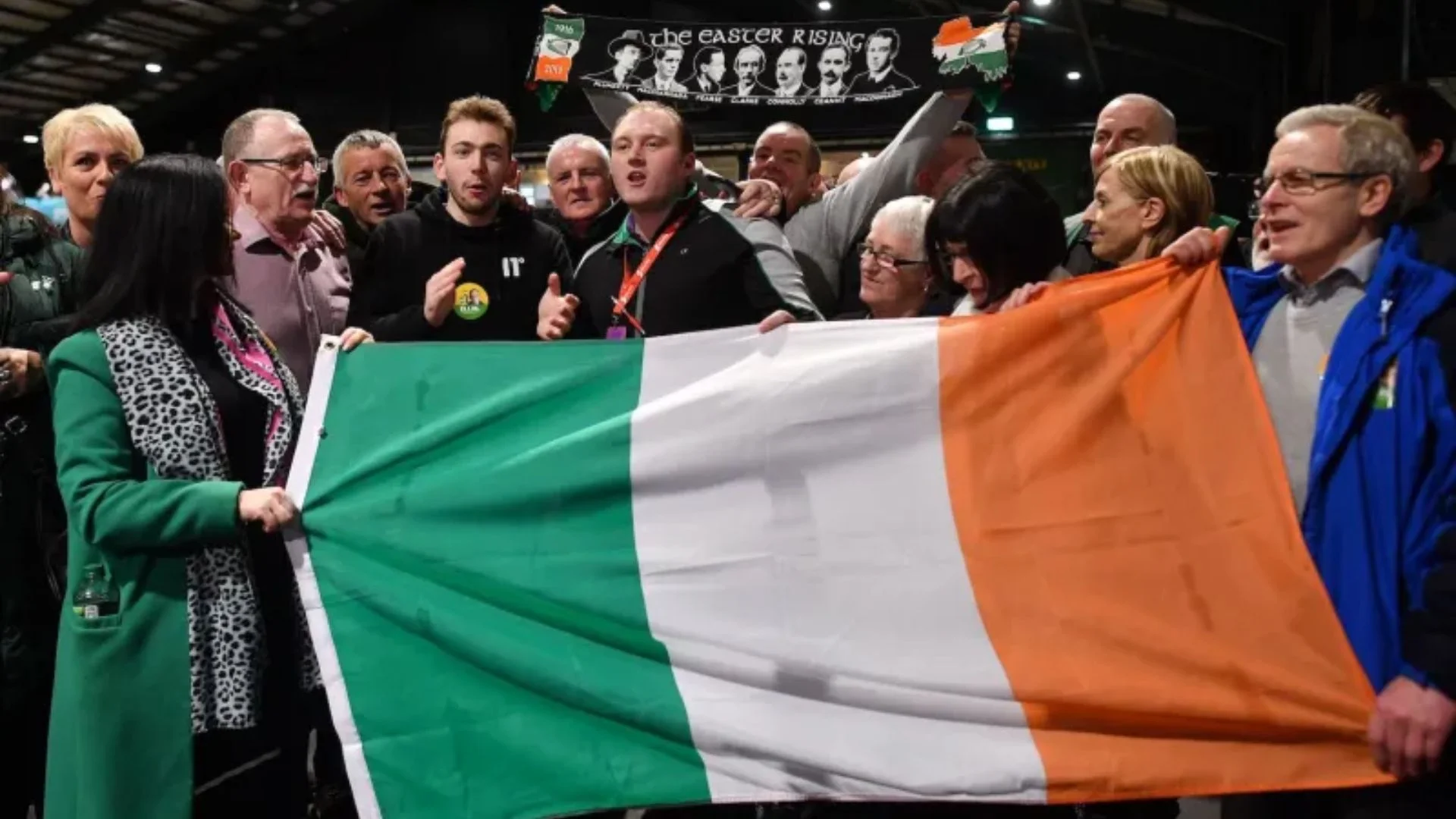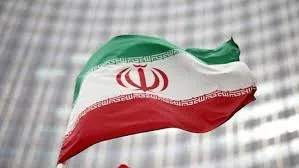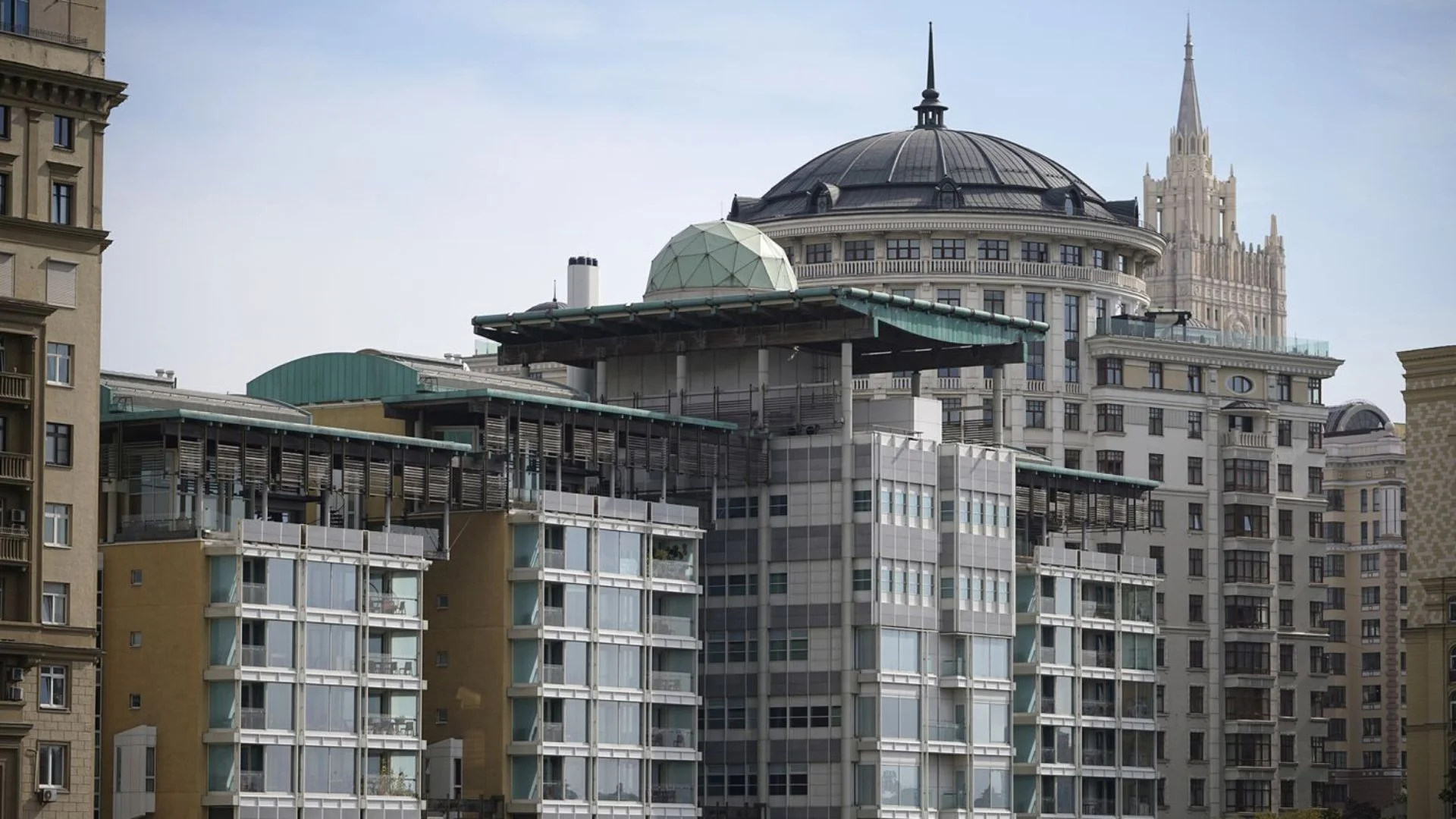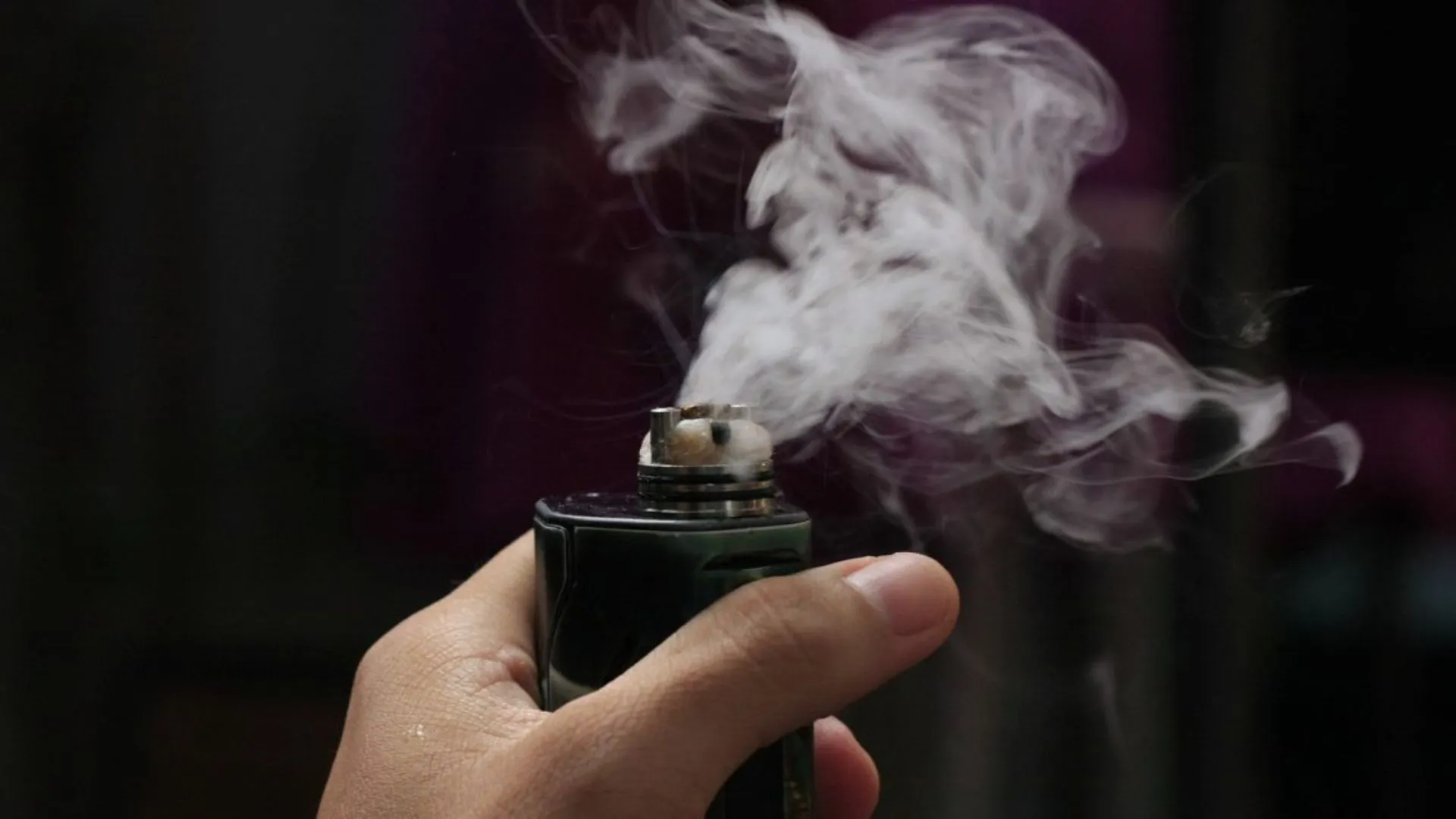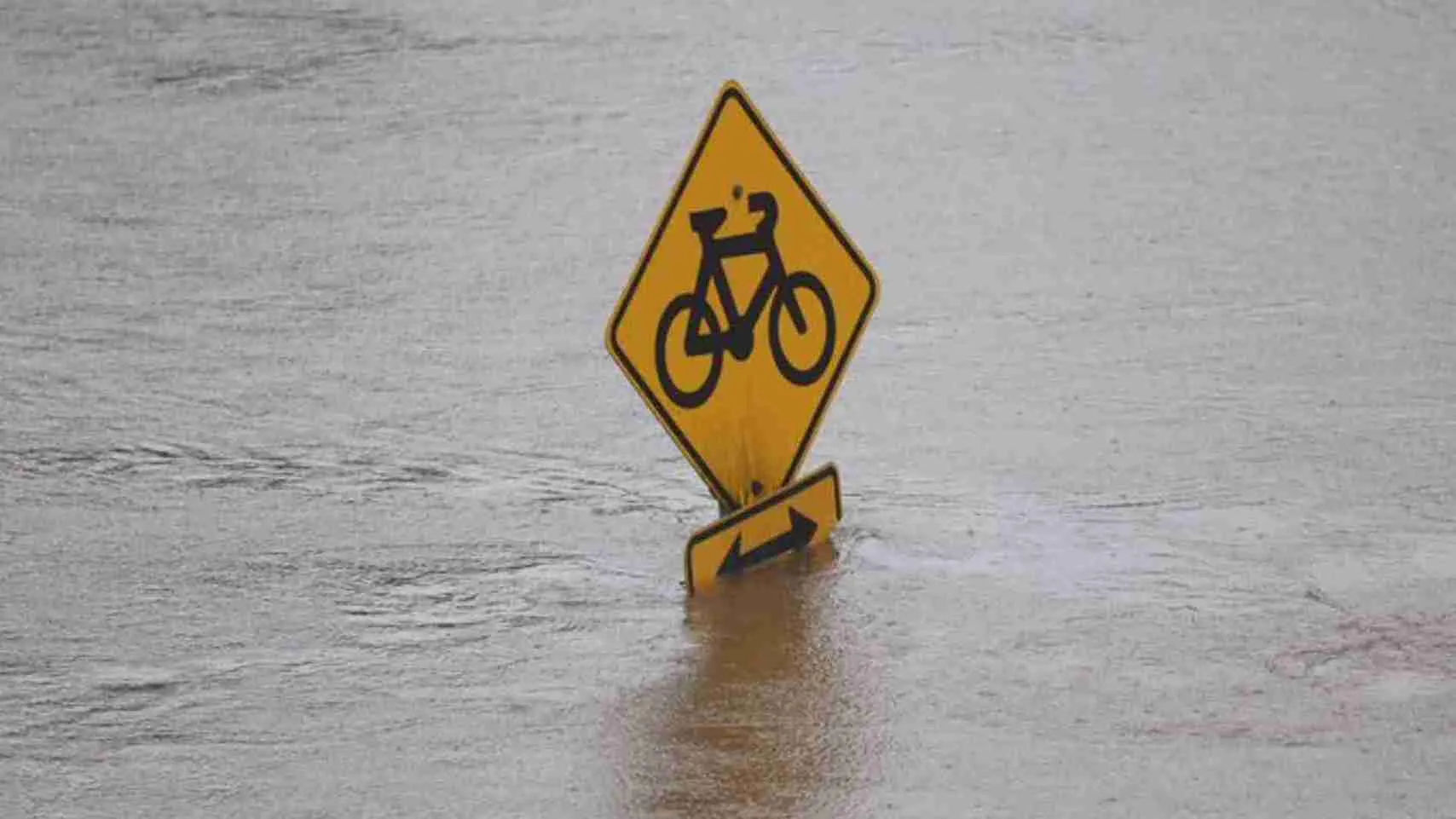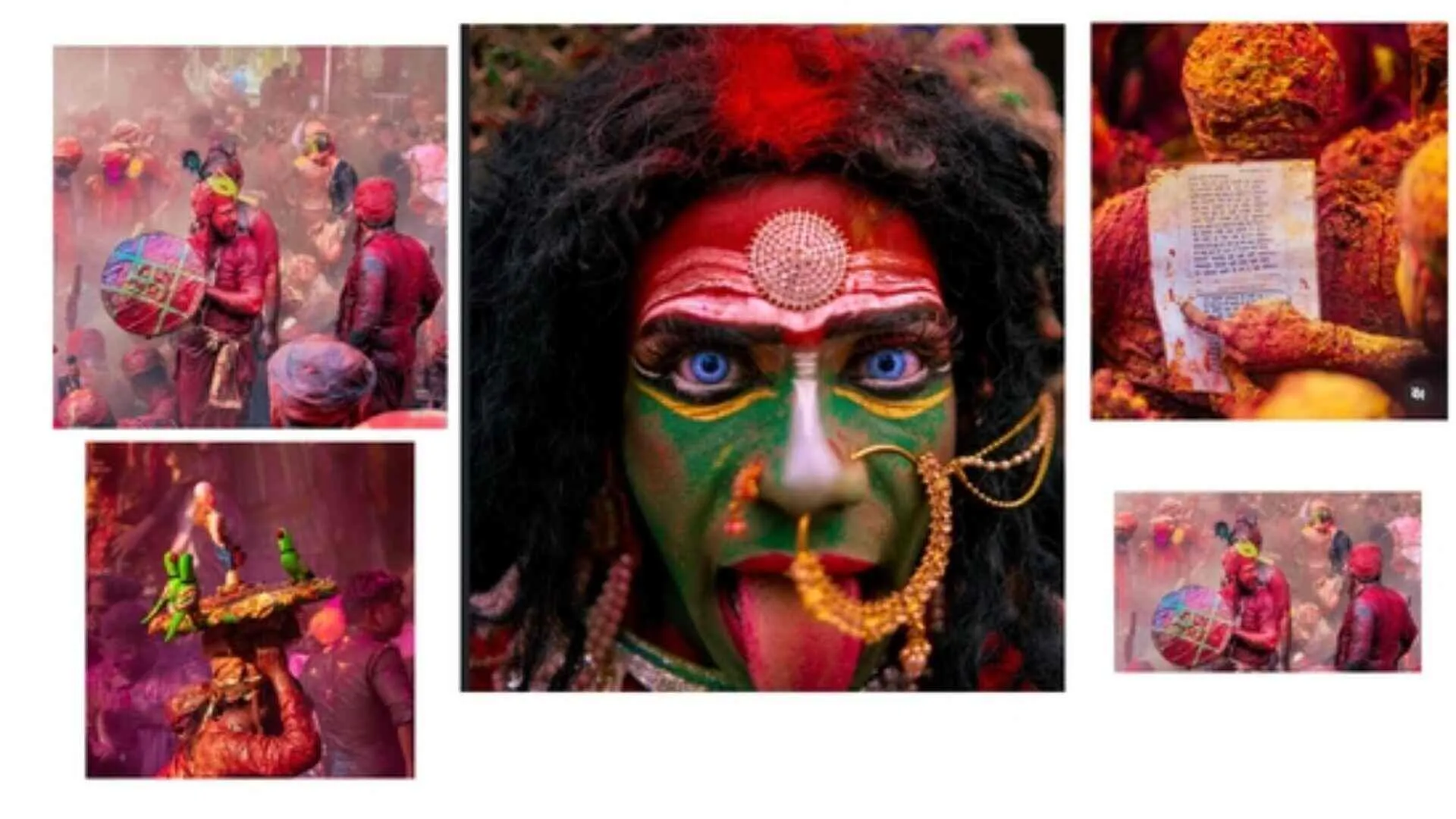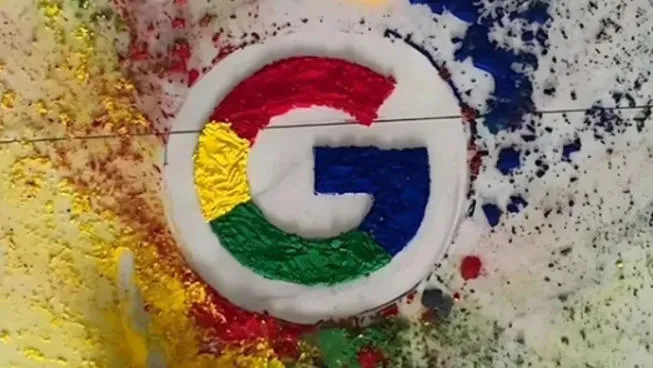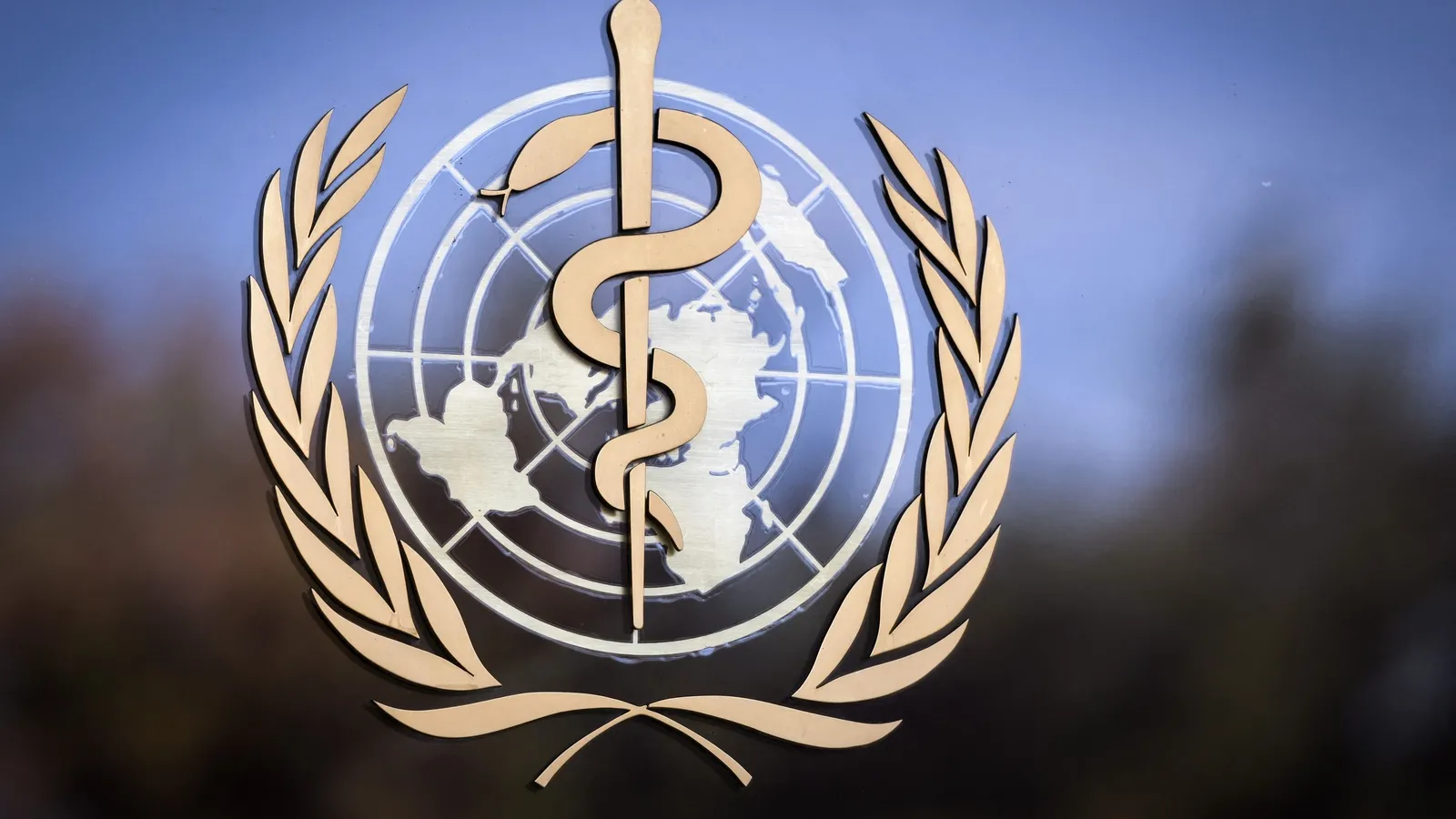Ireland’s two largest centre-right parties, Fine Gael and Fianna Fáil, are on track to maintain power following Friday’s election results. However, both parties are likely to need a coalition partner to secure a majority in parliament, raising concerns about the stability of the next government.
An exit poll indicated that Fine Gael and Fianna Fáil were both closely trailing left-wing Sinn Féin, which garnered 21.1% of the vote, with Fine Gael securing 21% and Fianna Fáil 19.5%. With Sinn Féin ruled out as a coalition partner, the main question is how many additional seats the two centre-right parties will need to reach the 88-seat majority threshold and which smaller parties they will need to align with.
Political analysts suggest that a coalition involving smaller centre-left parties, such as Labour or the Social Democrats, could give Fine Gael and Fianna Fáil the necessary numbers, but such an alliance could be fragile. Adding even one more party to the coalition could lead to a less stable government, according to experts.
The Greens, who are currently part of the ruling coalition, have seen a decline in support, dropping from 7% in the last election to just 4%, which could result in a significant reduction in their seat count.
Vote counting began at 0900 GMT and is expected to continue into Sunday. The country’s proportional representation system makes it difficult to determine exact seat tallies until the full counting process concludes, but it is likely that the larger parties will receive a proportionally higher number of seats than their vote share.
Prime Minister Simon Harris, who called the election following a budget aimed at easing economic pressures, has faced backlash during the campaign, notably due to a viral incident involving a care worker. Despite the economic success of Ireland’s public finances, the government struggled to meet expectations for improving public services, which contributed to voter frustration.
Sinn Féin, once expected to lead the next government, saw a decline in support after dissatisfaction with its policies on issues such as immigration. Fine Gael and Fianna Fáil, historic political rivals who have governed Ireland for nearly a century, are expected to continue their shared leadership arrangement from the previous term, alternating the role of prime minister.
With uncertainty hanging over the future coalition, Ireland now faces a period of intense negotiations and potential instability as it prepares for the formation of its next government.

